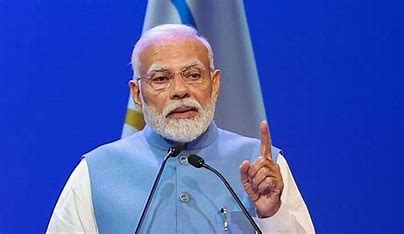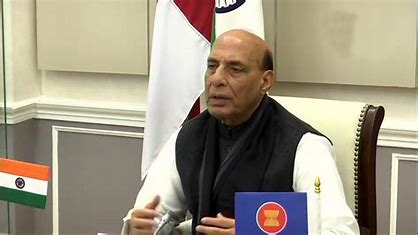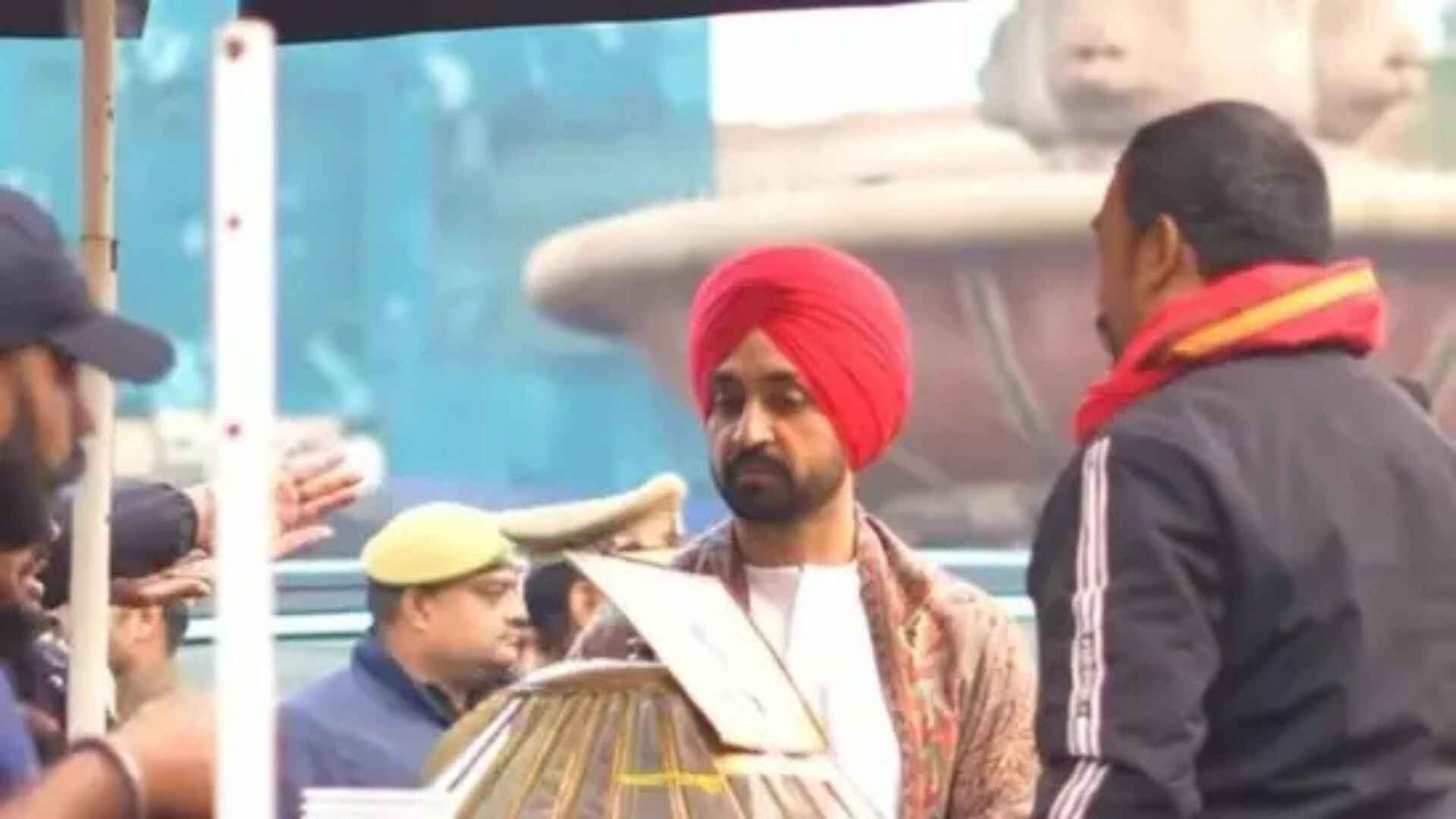
Sushil Chadha’s Clipped Wings is a gripping exploration of the complexities of family, power, and the corrosive nature of secrets. Spanning three generations, the novel delves into the lives of the Chopra family, a Delhi aristocracy seemingly untouched by the world’s turmoil. Yet, beneath the gilded facade lies a dark underbelly of crime, deceit, and personal tragedy.
Chadha’s prose is sharp and unflinching as he paints a vivid portrait of his characters. Deepak Chopra, the patriarchal figure, is a complex enigma: a self-proclaimed brahmachari with a penchant for power and a family he struggles to control. His wife, Vaishali, is the quintessential dutiful matriarch, a woman whose strength is silently borne. Their sons, Kranti, Vinay, and Vivek, are each products of their upbringing, their lives a stark contrast to their privileged existence.
The novel is a masterclass in character development. Kranti, the ambitious police officer, is a study in toxic masculinity, his actions a stark indictment of the patriarchal mindset. Vinay, the brilliant physicist, is a tragic figure, his intellectual prowess overshadowed by a personal crisis that threatens to consume him. Vivek, the black sheep of the family, is a complex character, a dreamer searching for meaning beyond the confines of his affluent upbringing.
Chadha’s exploration of gender dynamics is equally compelling. The women in the novel, from the strong-willed Prema and Madhulika to the resilient Sheila, are portrayed with depth and nuance. Their experiences highlight the challenges faced by women in a patriarchal society.
The author’s decision to focus on the 1990s Delhi milieu is astute. The era’s socio-political climate serves as a backdrop to the family’s struggles, reflecting the changing dynamics of Indian society. The novel is replete with references to the city’s landmarks and cultural touchstones, grounding the narrative in a specific time and place.
While the book excels in characterization and plot development, it occasionally falters in its pacing. Some sections could benefit from tighter editing. Moreover, the repetitive use of physical attributes for characters, such as “beautiful” and “handsome,” becomes somewhat redundant.
Despite these minor shortcomings, Clipped Wings is a compelling read. Chadha’s unflinching portrayal of the Chopra family’s descent into chaos is both disturbing and mesmerizing. The novel raises thought-provoking questions about the nature of privilege, the corrosive impact of secrets, and the enduring bonds of family.
Ultimately, Clipped Wings is a testament to the human condition, a story of flawed characters grappling with the consequences of their choices. It is a novel that will linger in the reader’s mind long after the final page is turned.















